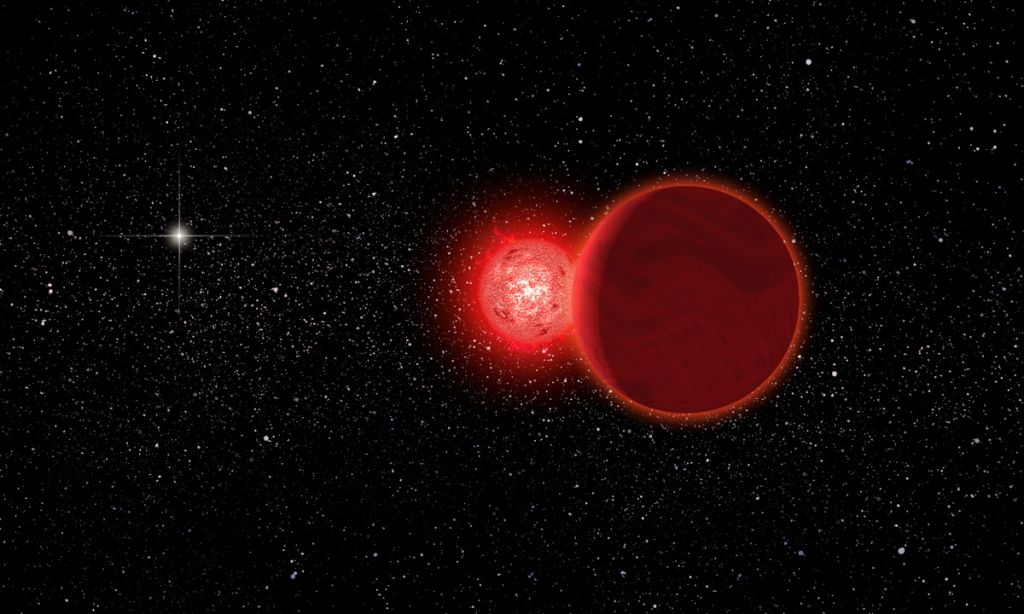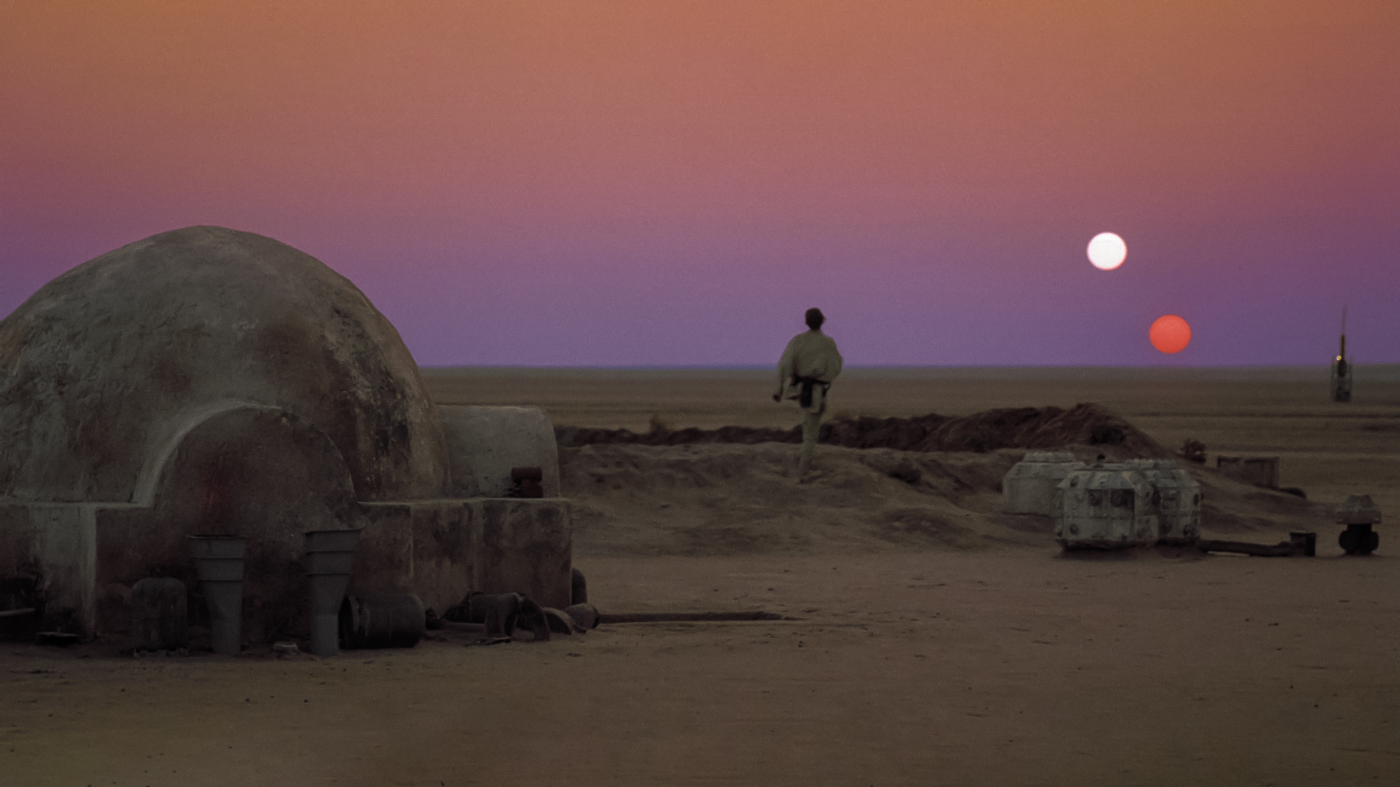Introduction

I began my academic career at the University of Michigan, where I completed my Bachelor of Science in Astronomy and Astrophysics, as well as in Spanish.
In 2017 I moved to Flagstaff, Arizona, to pursue my PhD in Astronomy and Planetary Science at Northern Arizona University. I completed my dissertation work at Lowell Observatory, where I investigated M-dwarf multiplicity and its effect on planetary system architectures and occurrence rates using high-resolution imaging with Dr. Gerard van Belle. During this time I also completed a Graduate Certificate in Science Communication.
In 2022 I moved to Pasadena, California, to begin my work as a NASA Jet Propulsion Laboratory Postdoctoral Fellow. In this role I sought to characterize the planets of multi-star systems to investigate how they differ from single-star systems like our own with Dr. David Ciardi.
I now work as the Scientific Coordinator for the NASA Exoplanet Science Institute (NExScI). In this role I help manage the partnership between NASA and Keck Observatory, run the Sagan summer workshop, facilitate the NASA Hubble Fellowship Program, and represent NExScI at conferences and online.
I am interested in binaries, exoplanet hosts, low-mass stars, and instrumentation!
My Work
My research is focused on the intersection between stellar astrophysics, exoplanet science, and astronomical instrumentation. In particular, I seek to characterize multi-star systems and the planets they host in order to understand how these system architectures and occurrence rates differ from those in single star systems.
The Sun Is Lonely
 Michael Osadciw/University of Rochester
Michael Osadciw/University of Rochester
While the Sun is rather average in many ways, it is unlike a large number of stars in our galaxy in one way in particular: the Sun is lonely. We now know that roughly half of solar-type stars in the Milky Way host a stellar companion, that these planets can orbit both stellar components, and that planets can orbit both stars at once! Therefore, when we ignore the un-Sun-like stars of multi-star systems -- and thus their un-Earth-like planets -- we fail to understand half of the galactic picture! As a result, my scientific goal is to understand how the Tatooines of the galaxy came to be.
The Search for
Tatooine
 Tatooine Sunset — Fair Use, LucasArts
Tatooine Sunset — Fair Use, LucasArts
In order to search for these Tatooines, I use high-resolution techniques such as speckle interferometry and adaptive optics to image multi-star systems on the highest spatial scales. I also use archival data from the ExoFOP and the Exoplanet Archive to investigate planetary properties, architectures, and occurrence rates. Ultimately, these observations help me understand how Tatooine-like systems differ from those like our Solar System!
About

I was born in Denver, Colorado, and lived there until I moved to Michigan to begin my undergraduate studies. I have always had a fondness for the mountains, and I love that I can ski and hike around Pasadena, just like at home. The San Gabriel Mountains are ALMOST as beautiful as the Rocky Mountains!

I also have a love of photography, and have tried my best to image the beautiful scenery that has surrounded me over the years. Recently, I have delved into the world of astrophotography. Take a look around my website to see some of these images!
Contact
Elements
Text
This is bold and this is strong. This is italic and this is emphasized.
This is superscript text and this is subscript text.
This is underlined and this is code: for (;;) { ... }. Finally, this is a link.
Heading Level 2
Heading Level 3
Heading Level 4
Heading Level 5
Heading Level 6
Blockquote
Fringilla nisl. Donec accumsan interdum nisi, quis tincidunt felis sagittis eget tempus euismod. Vestibulum ante ipsum primis in faucibus vestibulum. Blandit adipiscing eu felis iaculis volutpat ac adipiscing accumsan faucibus. Vestibulum ante ipsum primis in faucibus lorem ipsum dolor sit amet nullam adipiscing eu felis.
Preformatted
i = 0;
while (!deck.isInOrder()) {
print 'Iteration ' + i;
deck.shuffle();
i++;
}
print 'It took ' + i + ' iterations to sort the deck.';
Lists
Unordered
- Dolor pulvinar etiam.
- Sagittis adipiscing.
- Felis enim feugiat.
Alternate
- Dolor pulvinar etiam.
- Sagittis adipiscing.
- Felis enim feugiat.
Ordered
- Dolor pulvinar etiam.
- Etiam vel felis viverra.
- Felis enim feugiat.
- Dolor pulvinar etiam.
- Etiam vel felis lorem.
- Felis enim et feugiat.
Icons
Actions
Table
Default
| Name |
Description |
Price |
| Item One |
Ante turpis integer aliquet porttitor. |
29.99 |
| Item Two |
Vis ac commodo adipiscing arcu aliquet. |
19.99 |
| Item Three |
Morbi faucibus arcu accumsan lorem. |
29.99 |
| Item Four |
Vitae integer tempus condimentum. |
19.99 |
| Item Five |
Ante turpis integer aliquet porttitor. |
29.99 |
|
100.00 |
Alternate
| Name |
Description |
Price |
| Item One |
Ante turpis integer aliquet porttitor. |
29.99 |
| Item Two |
Vis ac commodo adipiscing arcu aliquet. |
19.99 |
| Item Three |
Morbi faucibus arcu accumsan lorem. |
29.99 |
| Item Four |
Vitae integer tempus condimentum. |
19.99 |
| Item Five |
Ante turpis integer aliquet porttitor. |
29.99 |
|
100.00 |




